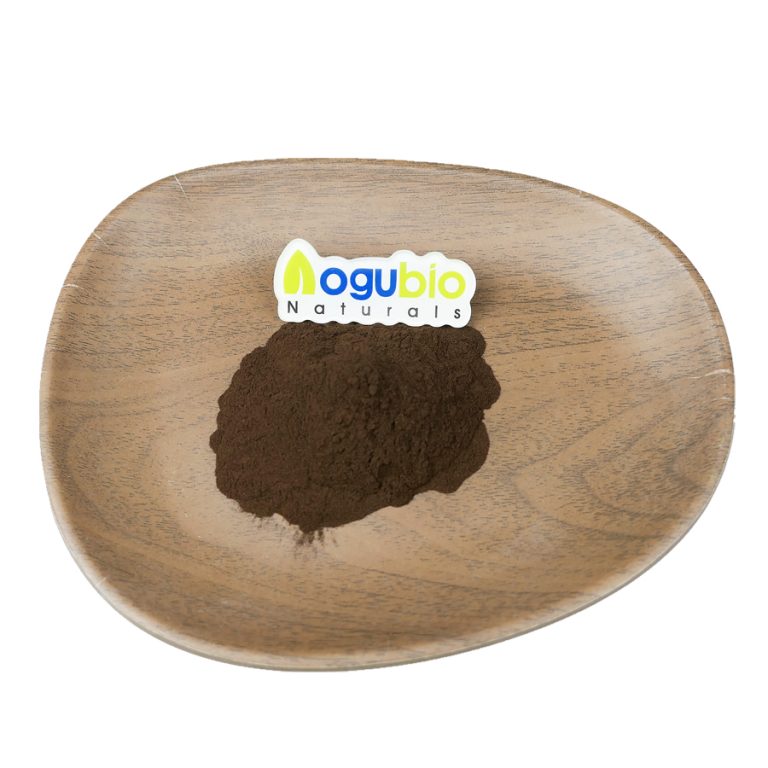|
Anti-clotting and Fibrinolysis
Nattokinase exhibits direct fibrinolytic properties that may degrade fibrin and reduce the risk of cardiovascular complications. This direct activity is lost upon destruction of the enzyme (heat treatment or digestion), but the peptides from nattokinase appear to increase levels of plasminogen activator which also has a fibrinolytic effect indirectly. The fibrinolytic activity of nattokinase is reportedly 4 times that of plasmin.
High blood pressure
Research suggests that prolonged supplementation (about 8 weeks) of nattokinase daily can reduce systolic and diastolic blood pressure in people with mildly high blood pressure. Nattokinase appears to exert mixed-type inhibition on the Angiotensin Converting Enzyme, and this is thought to be related not to enzyme activity but due to bioactive peptides from nattokinase. The byproducts of enzyme digestion (when the enzyme nattokinase is destroyed) appear to be bioactive dipeptides and tripeptides, which have ACE inhibitory potential or may otherwise reduce blood pressure
Deep vein thrombosis (DVT)
Nattokinase can be used for the prevention of deep vein thrombosis (DVT) during long airline flights (7-8 hours). Nattokinase, in combination with pycnogenol, was reported to decrease the chance of getting a blood clot in the legs determined by ultrasound of the venous system during long flights. Edema scores were also reduced, possibly due to the diuretic effect of pycnogenol.
|







 Purchase Nattokinase Extract Powder nattokinase for health
Purchase Nattokinase Extract Powder nattokinase for health








 skype
skype Sales Manager
Sales Manager Rebekah
Rebekah Rachel
Rachel Miranda
Miranda Camilla
Camilla
 Sales Manager
Sales Manager